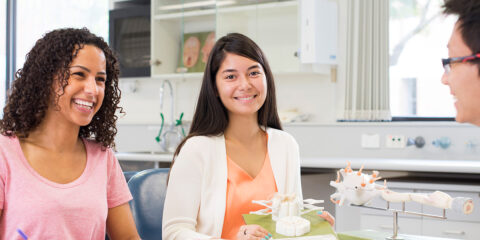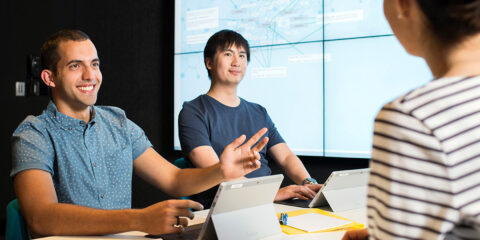This event has now concluded, use the below links to view the event recording or learn more about the Research Rumble.
The world desperately needs efficient supply of critical minerals to deliver new technologies for energy transition. Join researchers from Australia’s leading School of Mines and the Curtin Institute for Energy Transition as they explore the way forward for sustainable practices in critical minerals exploration, extraction, processing and supply, and what the concept of a ‘social licence to operate’ means for mining companies and regional communities.
Speakers
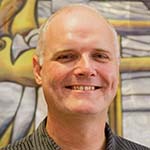
Professor Jacques Eksteen
Professor Jacques Eksteen is a Professor in Metallurgical and Chemical Engineering at the WA School of Mines, Minerals and Chemical Engineering, at Curtin. He leads the Technology Readiness Level Progression pillar in the Curtin University Trailblazer on Critical Minerals and Resources Technology. He is also the Chief Scientist of the Future Battery Industries Cooperative Research Centre and manager of the Critical Minerals, Metals and Materials for the Energy Transition (C3MET) research group at Curtin, which leads multiple research projects across the critical minerals value chains.
Jacques has 30 years’ experience in industry and academia, in areas of R&D, process innovation, process design, modelling and simulation, plant optimisation and commissioning. He is a listed inventor on 10 patent families and has participated in the commercialisation of multiple technologies and innovations.
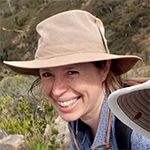
Professor Katy Evans
Professor Katy Evans is a researcher in Curtin’s School of Earth and Planetary Sciences and in the Institute for Geoscience Research. She has conducted high-impact research in the field of metamorphic geology and also in economic geology, building on her thermodynamic work into sulphide minerals that are of importance for our understanding of subduction processes as well as gold mineralisation. Her current projects relate to the formation of magmatic deposits that supply battery-grade nickel, as well as cobalt and copper. In 2022, Katy was awarded the Barrow Award for her outstanding contribution to metamorphic geology.
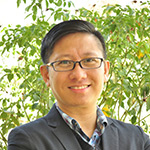
Dr Richard Alorro
Dr Richard Alorro is a researcher and senior lecturer in metallurgical engineering at the Western Australian School of Mines: Minerals, Energy and Chemical Engineering, at Curtin. Richard’s research areas include leaching and separation technologies, urban mining and resources reprocessing, processing of technology metals (rare earth elements and rare metals), waste treatment and environmental remediation.
Prior to joining Curtin, he was a metallurgist at Toyota Tsusho Corporation’s Department of Metals and Mineral Resources, in Japan, where he was involved in the development of refining processes and management of related technology required for rare earths and rare metal mining and processing.
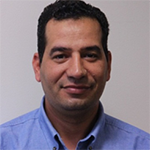
Associate Professor Elsayed Oraby
Associate Professor Elsayed Oraby is a senior researcher at the WA School of Mines: Minerals, Energy and Chemical Engineering, at Curtin, with almost 20 years’ industry experience in extractive metallurgy.
Elsayed has developed eco-friendly lixiviants for gold and copper leaching and is co-inventor of the novel alkaline glycine process for the extraction of base and precious metals. His research now focuses on the optimisation of cyanide alternative lixiviant for gold leaching, such as glycine, thiosulfate, thiourea and halides. He leads the Hydrometallurgical Processing for Nickel and Cobalt Ores, Concentrates, Tailings, Wastes project for the Future Battery Industries Cooperative Research Centre.
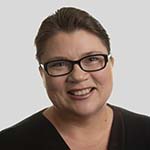
Dr Lina Hockaday
Dr Lina Hockaday is a senior engineer and researcher at the WA School of Mines: Minerals, Energy and Chemical Engineering, at Curtin, with 15 years’ prior industry experience in the field of pyrometallurgy at South Africa’s Council for Mineral Technology (Mintek). Her primary research now focuses on the application of solar technology in mineral processing, the modelling of heat and energy transfer in metallurgical equipment and thermodynamics governing metallurgical processes.
Lina is also investigating upgrading low-grade iron ores, as part of the Heavy Industry Low-carbon Transition Cooperative Research Centre project portfolio, and further applications of concentrating solar technology in mineral processing.
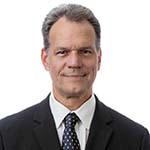
Associate Professor Eric Lilford
Associate Professor Eric Lilford is an engineer and minerals and energy economist at the WA School of Mines: Minerals, Energy and Chemical Engineering, at Curtin. He has extensive international experience in senior management roles across mining and energy companies, investment banking and the consulting industry. Eric also chairs a clean energy company and is a director of three clean energy-focused minerals companies.

Professor Peta Ashworth OAM
Professor Peta Ashworth OAM is the Director of the Curtin Institute for Energy Transition (CIET) and a member of CSIRO Hydrogen Mission Advisory Board. Peta is a globally recognised expert in the fields of energy, communication, stakeholder engagement and technology assessment and has more than 30 years’ experience in senior management, consulting and research roles. Prior to joining Curtin, she was the Director of the Andrew N. Liveris Academy for Innovation and Leadership, Chair in Sustainable Energy Futures at The University of Queensland and Chair of the Queensland Hydrogen Taskforce.
For almost 20 years, Peta has been researching public attitudes toward climate and energy technologies including wind, carbon capture and storage, solar photovoltaic, storage, geothermal and hydrogen. She is actively involved in building energy literacy more broadly within Australia and globally, and regularly provides input to policy briefings, think tanks and community education events.
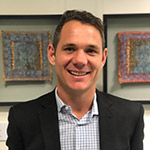
Andrew Bell
Mr Andrew Bell recently joined the Curtin-led national Resources Technology and Critical Minerals Trailblazer hub. Andrew holds a Master of Energy Economics and is an active Council Member of the WA School of Mines Alumni. After several years in the energy and resources sector, he has worked at the crossover of industry and academia for the past seven years, including managing Innovation Central Perth, an industry-focused centre also led by Curtin.
Carbon Nanoverse: A Computational Microscope for Disordered Materials
Activation event
Visit this virtual reality exhibit on world-first research that has produced a computational microscope that can self-assemble disordered carbons. Dive into a range of carbon structures, including fullerene, nanotubes, screws and wormholes, and explore cutting-edge non-crystalline structures in representational modes – from the classic ball-and-stick model to ring-based meshes.
The exhibit will be available to view during registrations and networking.
Researchers
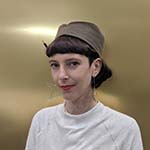
Dr Andrea Rassell is an accomplished filmmaker and interdisciplinary researcher in science art, particularly in artforms that engage with nanoscience and nanotechnology. Her works explore scale, technological mediation and perception of the sub-molecular realm, and have been shown internationally in the US, Mexico, New Zealand and Europe. Andrea is currently based in the Faculty of Humanities at Curtin and working with the Hub for Immersive Visualisation and eResearch (HIVE) as part of a Forrest Research Foundation Creative and Performance Leadership Fellowship.
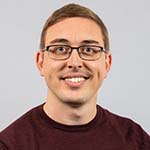
Dr Jacob Martin is a computational chemist and Forrest Fellow studying the storage of hydrogen in carbon nanomaterials with the Hydrogen Storage Research Group and Carbon Group at Curtin. His current research includes investigating the assembly of disordered carbon materials and the reactivity of carbon nanostructures.
Jacob was previously a research fellow at the Cambridge Centre for Carbon Reduction in Chemical Technology in Singapore, working with industry to decarbonise the petrochemical sector.


Explore more from Curtin’s 2023 Research Rumble below.

Positive Pathways for Indigenous At-Risk Youth
Monday 11th September, 4.30pm-7.00pm
Join Curtin researchers from the areas of law, education, health and human rights for a discussion on the complex issue of youth justice.

Housing Research for a Sustainable Tomorrow
Wednesday 13th September, 9.00am-11.30am
Join Curtin researchers to discover their latest housing research and explore the challenges of delivering safe, healthy, affordable and sustainable homes for Western Australians.

Delving into AI for Better Health
Friday 15th September, 4.30pm-7.00pm
Learn about the challenges of using AI in healthcare, from decision-making to data security and patient privacy.


